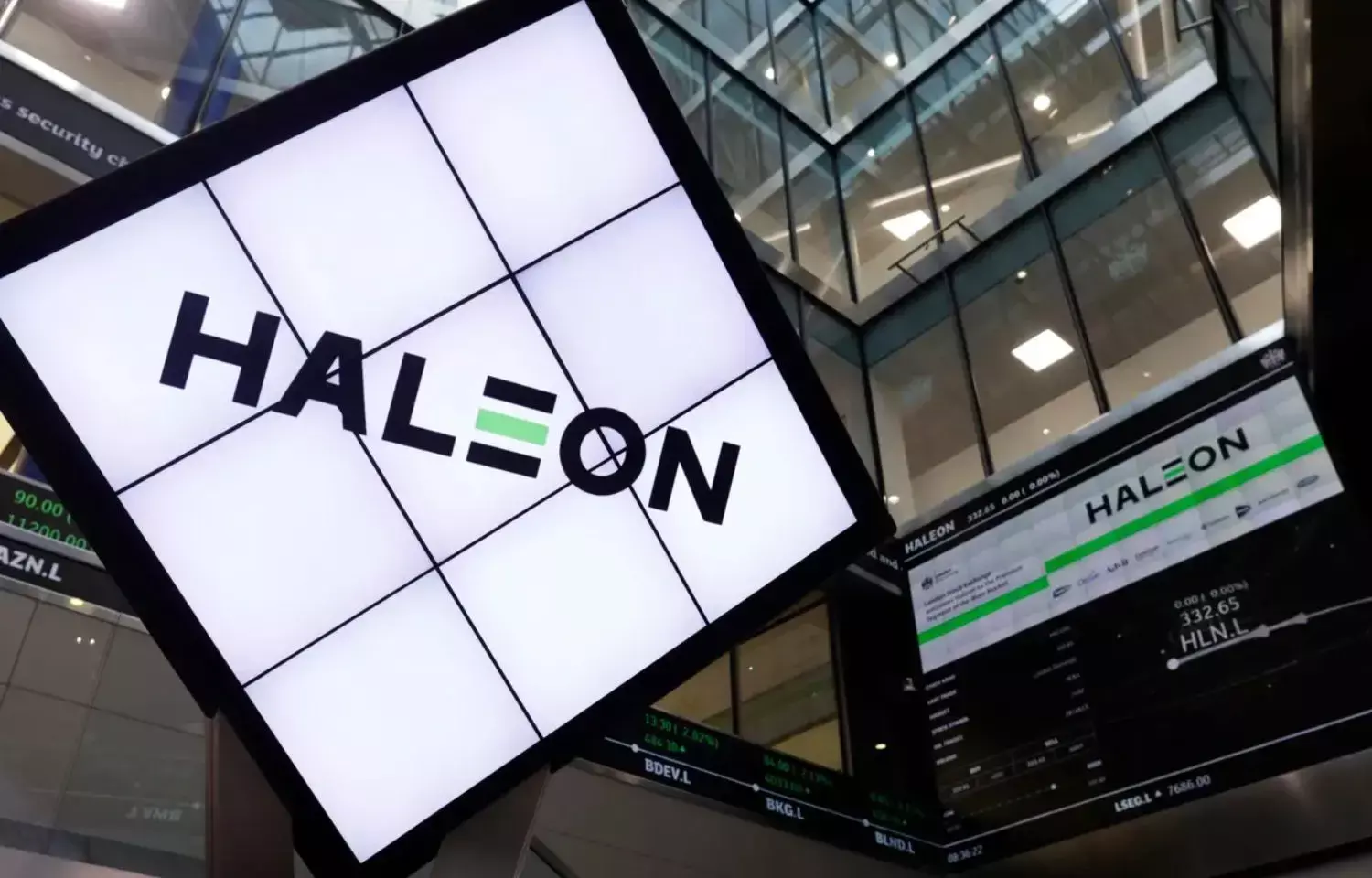- Home
- Medical news & Guidelines
- Anesthesiology
- Cardiology and CTVS
- Critical Care
- Dentistry
- Dermatology
- Diabetes and Endocrinology
- ENT
- Gastroenterology
- Medicine
- Nephrology
- Neurology
- Obstretics-Gynaecology
- Oncology
- Ophthalmology
- Orthopaedics
- Pediatrics-Neonatology
- Psychiatry
- Pulmonology
- Radiology
- Surgery
- Urology
- Laboratory Medicine
- Diet
- Nursing
- Paramedical
- Physiotherapy
- Health news
- Fact Check
- Bone Health Fact Check
- Brain Health Fact Check
- Cancer Related Fact Check
- Child Care Fact Check
- Dental and oral health fact check
- Diabetes and metabolic health fact check
- Diet and Nutrition Fact Check
- Eye and ENT Care Fact Check
- Fitness fact check
- Gut health fact check
- Heart health fact check
- Kidney health fact check
- Medical education fact check
- Men's health fact check
- Respiratory fact check
- Skin and hair care fact check
- Vaccine and Immunization fact check
- Women's health fact check
- AYUSH
- State News
- Andaman and Nicobar Islands
- Andhra Pradesh
- Arunachal Pradesh
- Assam
- Bihar
- Chandigarh
- Chattisgarh
- Dadra and Nagar Haveli
- Daman and Diu
- Delhi
- Goa
- Gujarat
- Haryana
- Himachal Pradesh
- Jammu & Kashmir
- Jharkhand
- Karnataka
- Kerala
- Ladakh
- Lakshadweep
- Madhya Pradesh
- Maharashtra
- Manipur
- Meghalaya
- Mizoram
- Nagaland
- Odisha
- Puducherry
- Punjab
- Rajasthan
- Sikkim
- Tamil Nadu
- Telangana
- Tripura
- Uttar Pradesh
- Uttrakhand
- West Bengal
- Medical Education
- Industry
GSK spins off consumer health business Haleon

GSK emerges as New GSK, focused solely on vaccines and prescription drugs.
London: In a long scripted overhaul of its business, British drugmaker GSK spun off its consumer health business on Monday in the biggest listing in Europe for more than a decade.
The new company, Haleon, becomes the world's biggest standalone consumer health business, home to brands including Sensodyne toothpaste and Advil painkillers.
Shares in Haleon started trading at 330 pence on Monday morning, giving the business a market valuation of around 30.5 billion pounds ($36.4 billion).
The company's debut price was largely in line with market expectations, according to two bankers involved in the deal.
However, Haleon's current valuation is lower than expected.
Even accounting for the roughly 10 billion pounds in debt, Haleon's valuation is inferior to the enterprise value of 50 billion pounds Unilever was prepared to pay for the business at the beginning of the year. GSK had rebuffed the offer on the basis it was too low.
"Investors might be wondering why GSK didn't accept the much higher bid from Unilever," AJ Bell analyst Danni Hewson wrote in a note.
GSK's shares were up about 0.7% as of 0917 GMT, despite the reduced size of the business following the carve-out, while Haleon's stock was trading at 324 pence.
GSK emerges as New GSK, focused solely on vaccines and prescription drugs. The company has been buoyed by recent clinical trial successes, including its potential blockbuster RSV vaccine, and M&A activity.
Haleon
Having made about 9.6 billion pounds last year, Haleon is forecast to bring in 10.7 billion pounds in 2022, according to Barclays analysts.
GSK's June forecast for Haleon's annual organic revenue growth of 4% to 6% over the next three to five years exceeded some analysts' expectations.
It was also met with a degree of scepticism among some investors given the 3% to 5% average across the industry, according to Barclays.
New GSK
GSK has underperformed relative to its peers in recent years, triggered by a falling share of R&D spend, some clinical failures, and missing out on the lucrative market for the first set of COVID-19 vaccines.
As a result, activist investors pushed for an array of changes last year. Now, the company has momentum on its side - its shares have risen 5% this year despite sharp declines in global stock markets.
But there remain questions over its long-term prospects, with the loss of exclusivity of its key HIV drug, dolutegravir, expected by 2028.
However, GSK has a long runway to execute and find new drugs, including potentially using part of the 7 billion pounds generated via the Haleon spin-off to fund more deals.
Share consolidation
With the split complete, all GSK shareholders receive one Haleon share for each GSK share they own.
Pfizer will retain its 32% stake in Haleon, which it intends on selling off over time. GSK will hold up to 13.5% in Haleon, while the remaining 54.5% will be owned by GSK shareholders.
After close of trading on Monday, GSK will consolidate its share price to ensure the company's earnings per share and share price can be compared with previous periods, it has said
Read also: After bruising year, GSK approaches consumer split in better health
Ruchika Sharma joined Medical Dialogue as an Correspondent for the Business Section in 2019. She covers all the updates in the Pharmaceutical field, Policy, Insurance, Business Healthcare, Medical News, Health News, Pharma News, Healthcare and Investment. She has completed her B.Com from Delhi University and then pursued postgraduation in M.Com. She can be contacted at editorial@medicaldialogues.in Contact no. 011-43720751


